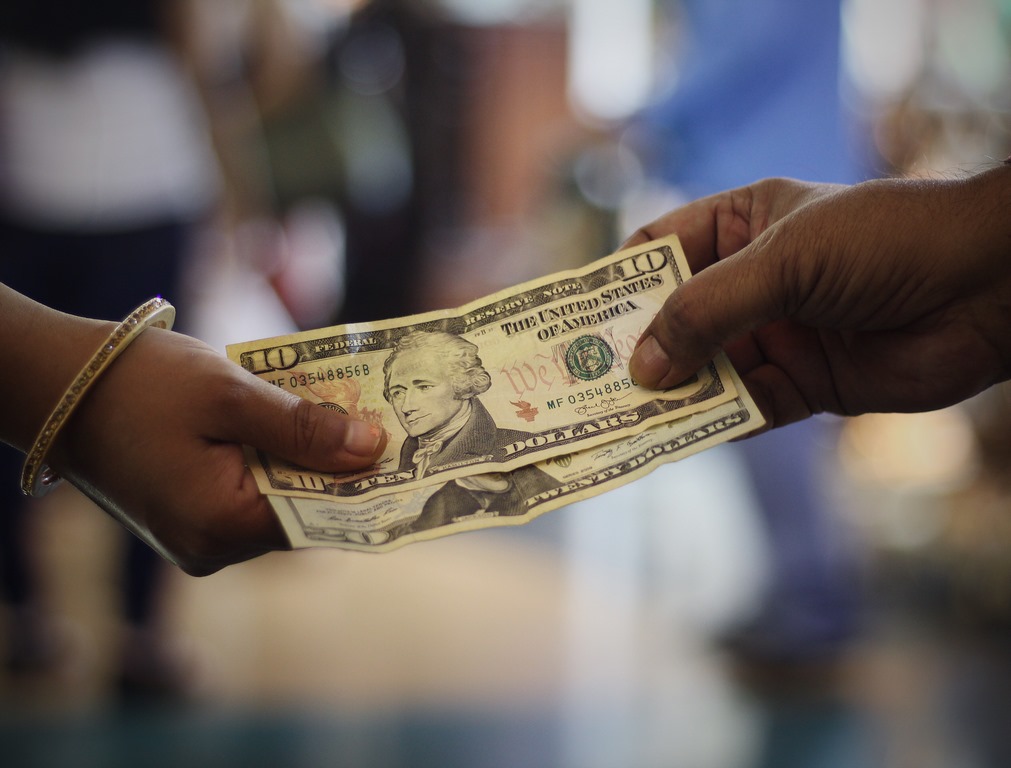Business
Why Does Printing More Money Devalue Currency?
Currency devaluation can have different effects on different groups of people and industries, so it’s important to consider who benefits and who may be negatively affected.

Printing more money can devalue a currency for a few reasons:
Inflation: When a government prints more money, it increases the money supply in the economy. This can lead to inflation, which is an increase in the general price level of goods and services. As prices rise, the purchasing power of the currency decreases, and the value of the currency is said to have devalued.
Decrease in demand: An increase in the money supply can also lead to a decrease in demand for the currency. When there is more of a currency available, it becomes less scarce and thus less valuable. As a result, the value of the currency may decrease in relation to other currencies.
Decrease in trust: Printing more money can also lead to a decrease in trust in the currency. If people believe that a currency is being devalued, they may be less likely to hold or use it. This can lead to a decrease in demand for the currency and a further decrease in its value.
Decrease in interest rates: If a government prints more money and floods the market, it can lead to a decrease in interest rates, making the currency less attractive for investors, which leads to a decrease in demand for the currency, and a devaluation.
Currency devaluation can have different effects on different groups of people and industries, so it’s important to consider who benefits and who may be negatively affected.
- Exporters: When a country’s currency devalues, it makes the country’s exports cheaper for foreign buyers. This can lead to an increase in demand for the country’s exports and can benefit industries such as agriculture, manufacturing, and tourism.
- Tourist Industry: Currency devaluation can also benefit the country’s tourist industry by making it a more affordable destination for foreign visitors.
- Investors: Currency devaluation can also benefit investors who have invested in the country’s assets, such as stocks and real estate. As the value of the currency decreases, the value of these assets increases in terms of foreign currency.
- Multinational companies: Companies with operations in multiple countries can also benefit from currency devaluation, as it can increase their competitiveness in international markets and boost their exports.
On the other hand, there are some groups of people and industries that may be negatively affected by currency devaluation:
- Importers: When a country’s currency devalues, it makes imported goods more expensive. This can lead to an increase in the cost of living and reduce purchasing power for individual citizens.
- Consumers: Currency devaluation can also lead to inflation, which can decrease the purchasing power of citizens and decrease the value of savings.
- Debtors: Currency devaluation can also lead to an increase in the cost of borrowing for the government and businesses, which can negatively affect those who have taken out loans in foreign currency.
- Industry dependent on imports: Businesses that are dependent on imported inputs or raw materials can also be affected by an increase in the cost of these inputs.
It’s important to note that currency devaluation is a complex process that can have both positive and negative













